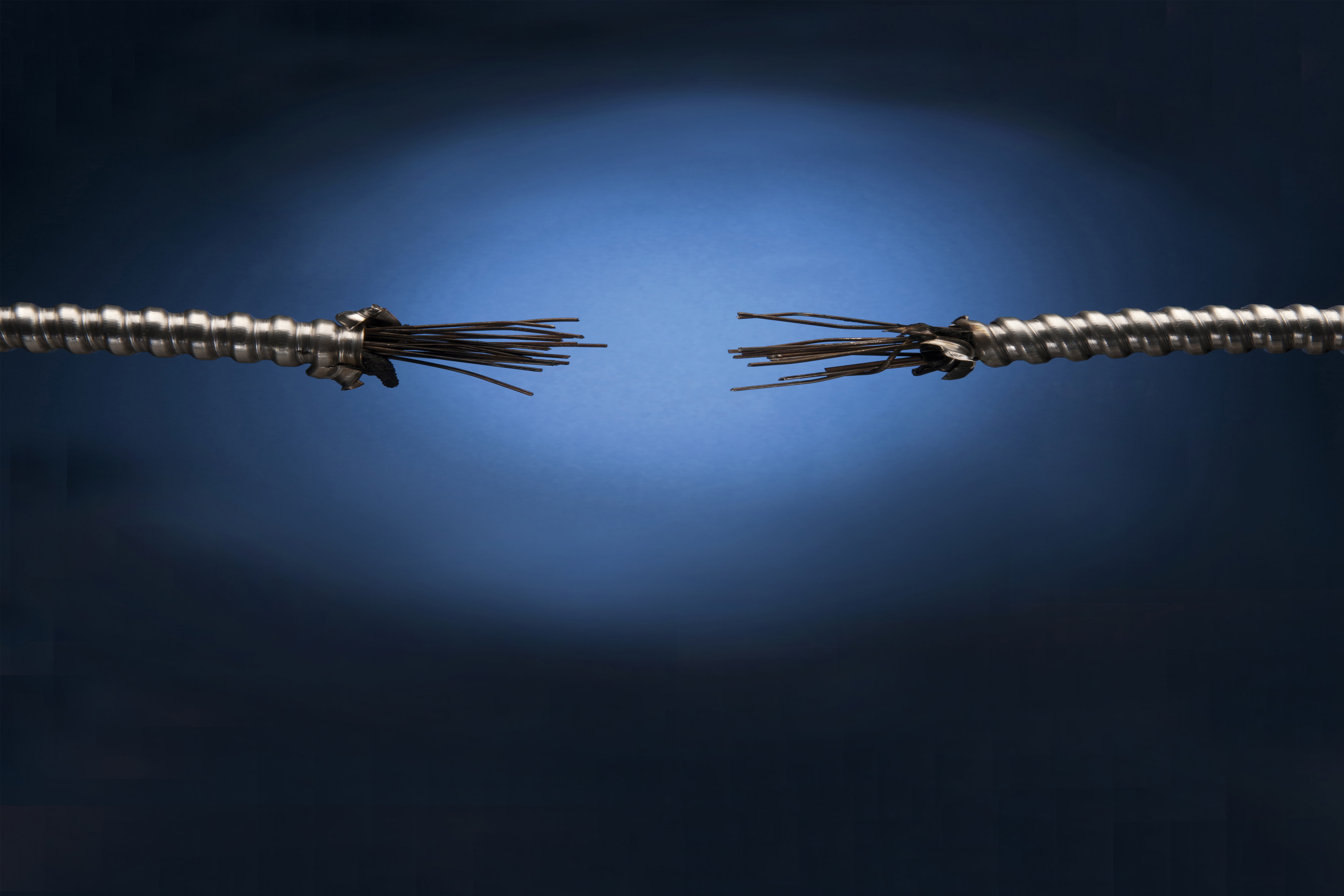
Will a poor return on investment derail robot lawyers? Steve Hynes reports
Heralded as the future of legal services, Rechtwijzer 2.0, the digital family law service, looks like it is coming to an ignominious end. The Dutch organisation behind the product, the Hague Institute for the Internationalisation of Law (HiiL), is pulling the plug on it as it is not making enough cash.
Game changer
Three years ago Roger Smith, the NLJ columnist and expert on innovation in legal aid policy, described Rechtwijzer as a ‘game changer’ as it was setting ‘a new standard for what can be delivered’ through new technology. This first version he was referring to, hosted by the Dutch Legal Aid Board, provided information and interactive pathways through dealing with consumer problems and relationship breakdowns. Information only was given on other civil legal problems.
The Rechtwijzer 2.0 product was launched in 2015. This was intended to provide a web-based interactive negotiated settlement service for separating couples. According to Smith there was ‘fairly good usage’ of the service after its









